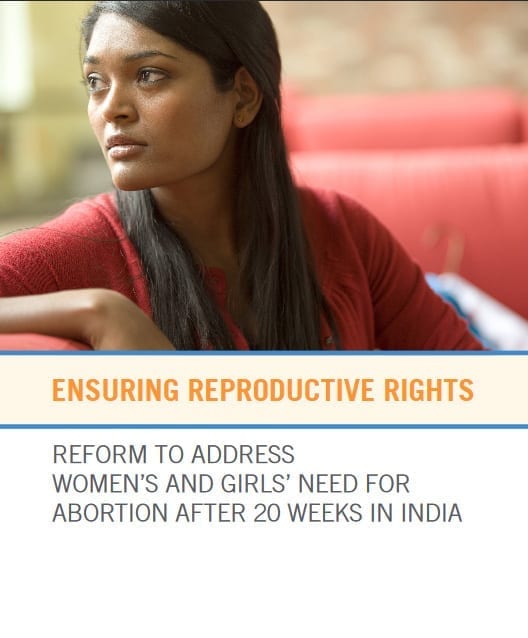Amicus Work – Asia
Highlights of amicus briefs and third-party interventions submitted by the Center on cases in Asia.
Supreme Court of Nepal (2008)
Issue: The petition challenged the Nepal government’s failure to ensure adequate access to safe abortion services despite the decriminalization of abortion on broad grounds in 2002.
Center Position: Nepal’s existing abortion law, in permitting abortion on request during the first trimester without the need for spousal consent, respects women’s basic human rights and should be reaffirmed. Spousal authorization requirements for reproductive health services threaten women’s rights to nondiscrimination, privacy and access to health care, among others. International and regional human rights standards, as well as the laws and jurisprudence of countries around the world, have consistently indicated that the right to life of born persons does not extend to fetuses.
Since 2002, Nepal’s law has permitted abortion under most circumstances, but multiple barriers—including the government’s failure to implement its own policy, prohibitive costs, and inadequate availability of abortion providers—have prevented women from accessing safe abortion services. At the center of the petition was Lakshmi, who comes from an extremely poor household in the rural western region of Nepal. Because she could not afford to pay the fee charged for abortion at a public hospital, she was forced to continue an unintended pregnancy. Under the court ruling, the government must set up a fund to cover the cost of abortion for poor and rural women, and invest enough resources to meet the demand for abortion services and to educate the public and health service providers about the existing abortion law.

